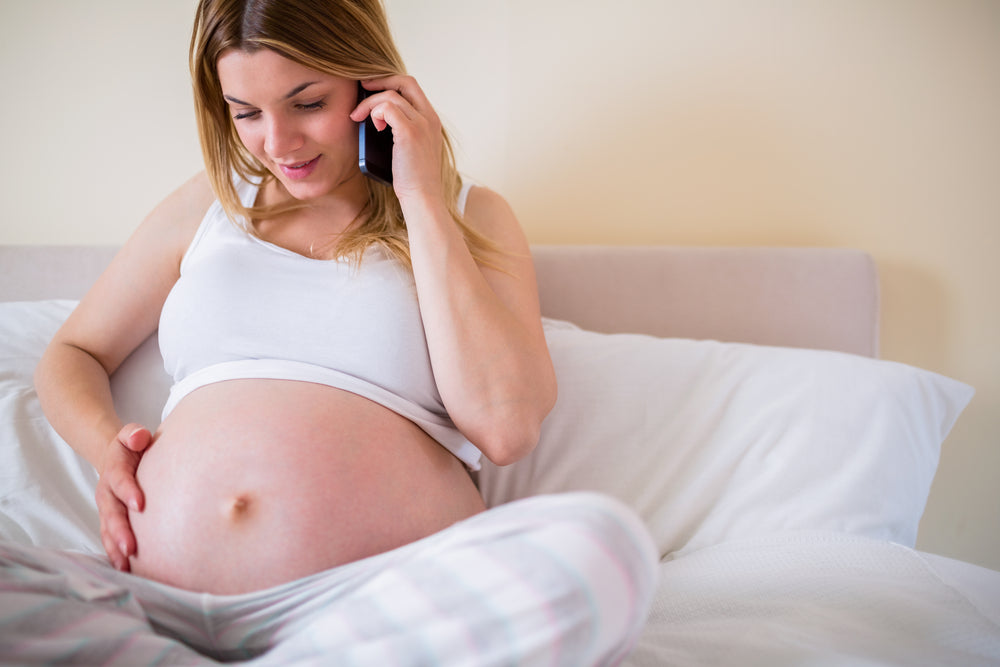
Inadequate Maternal Health Care Results in 300,000 Preventable Deaths Annually
Giving birth is one of the most natural parts of life. But for too many women, giving birth can be dangerous, and lead to infections, illness, and even death. More than 300,000 women worldwide die from childbirth each year; in the U.S. that number is approximately 700 women per year.
Fundamental healthcare equity issue
ECRI recently participated in World Patient Safety Day: Safe Maternal and Newborn Care, and joined the call for Safe Maternal and Newborn Care, calling it “the most fundamental healthcare issue there is, and indeed, the most fundamental human rights issue.”
Together, with leaders from around the globe, ECRI called for all to work toward safer, more affordable, equitable, and accessible care for mothers and babies everywhere.
The problem is so widespread that last year, even while COVID-19 captured most of the world’s resources, ECRI still recognized the problem, and named Maternal Health across the Continuum as one of ECRI’s Top 10 Patient Safety Concerns for 2020.
Preventable deaths
An estimated 75 percent of maternal deaths were considered preventable had these women been provided with the right prenatal and post-partum care. Infant mortality is equally shocking; about 2 million babies are stillborn and nearly 7,000 newborns die every day. More women in the U.S. die from childbirth than in any of the 11 other developed counties. And while these events occur to woman of all backgrounds and incomes, women of color and low income women are disproportionately affected, an outcome of the systemic inequities in our healthcare delivery system. Deaths attributed to childbirth occur during pregnancy and up to a year after giving birth. The days just after birth can be particularly dangerous for those lacking proper care as many deaths take place during this timeframe. While giving birth, severe bleeding and amniotic fluid embolism can cause death. One week after birth, severe bleeding, high blood pressure and infection can lead to maternal illness or death. Between one week to one year after giving birth, women can die most often from cardiomyopathy. These occurrences are important to note, especially because even woman who do have proper care during pregnancy and birth, can suffer adverse events post-delivery at home, where they could lack support, knowledge, access to care, transportation issues, or a variety of other roadblocks to proper care. Depending on insurance coverage, woman may or may not be eligible for home care post-delivery. Currently, in the U.S., only a few states require such care. Recently, maternal and baby health concerns have expanded as a result of the COVID pandemic. Questions surrounding telehealth during pregnancy, vaccines, gestational diabetes, electronic fetal monitoring, and more have become increasingly important.
